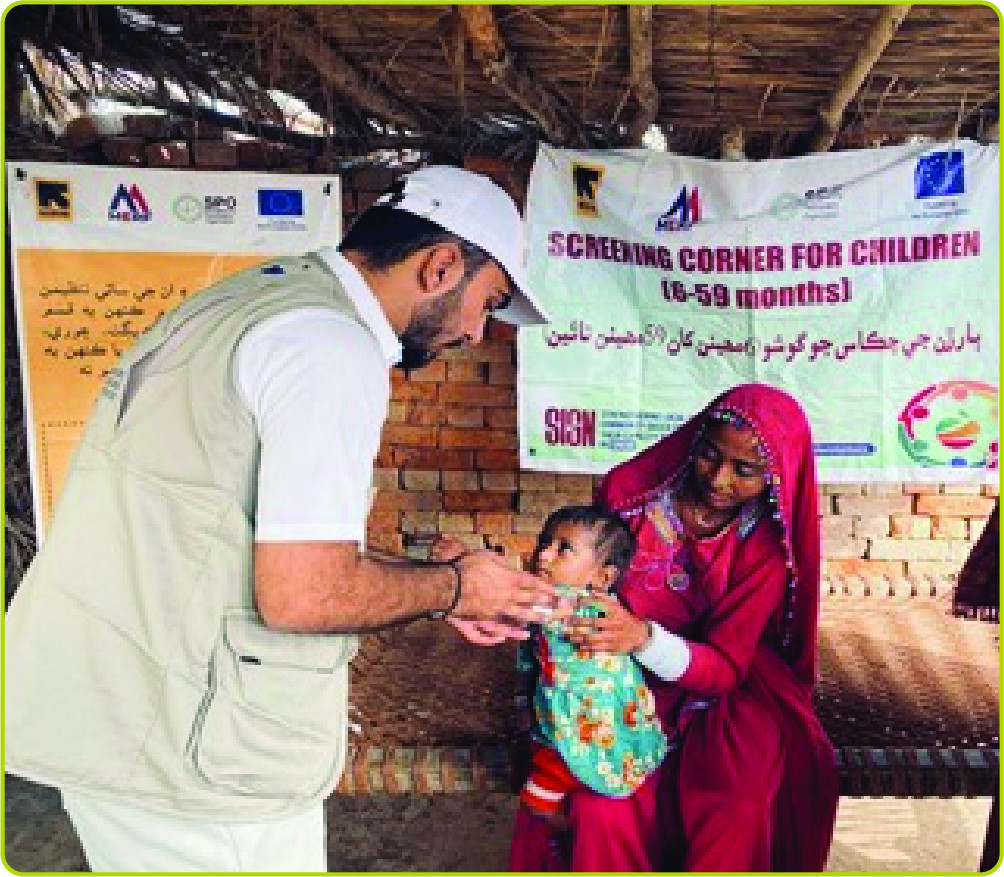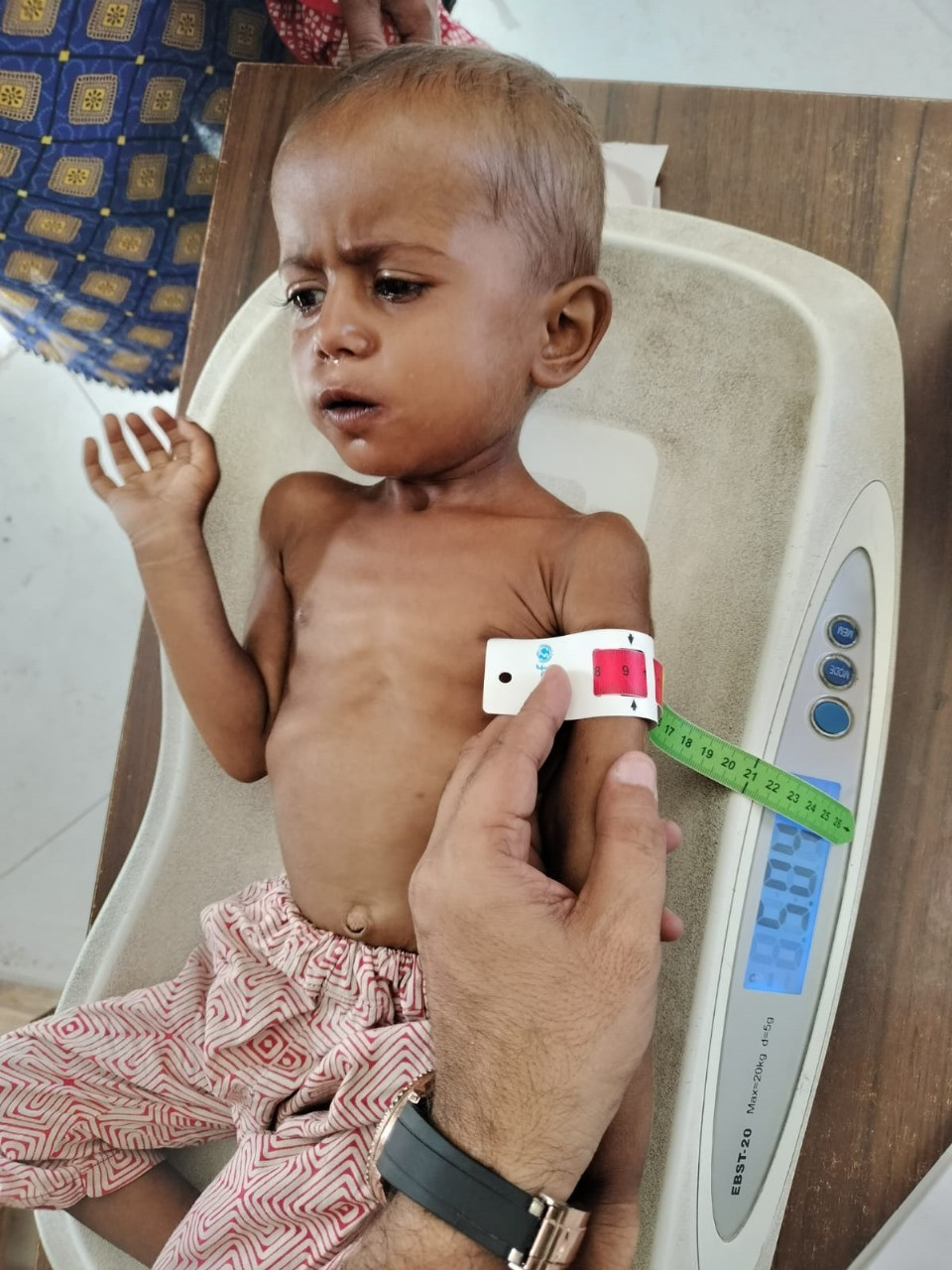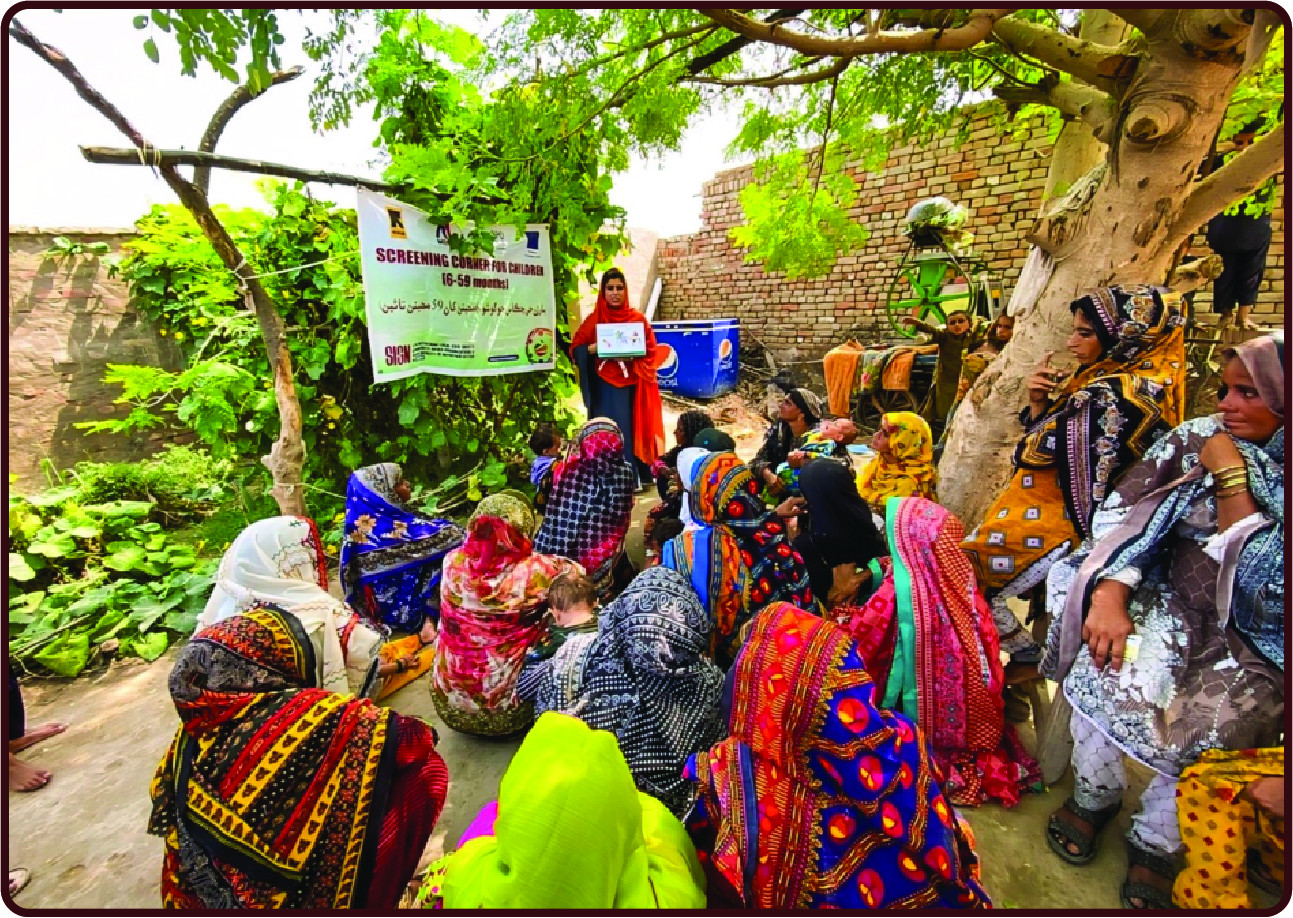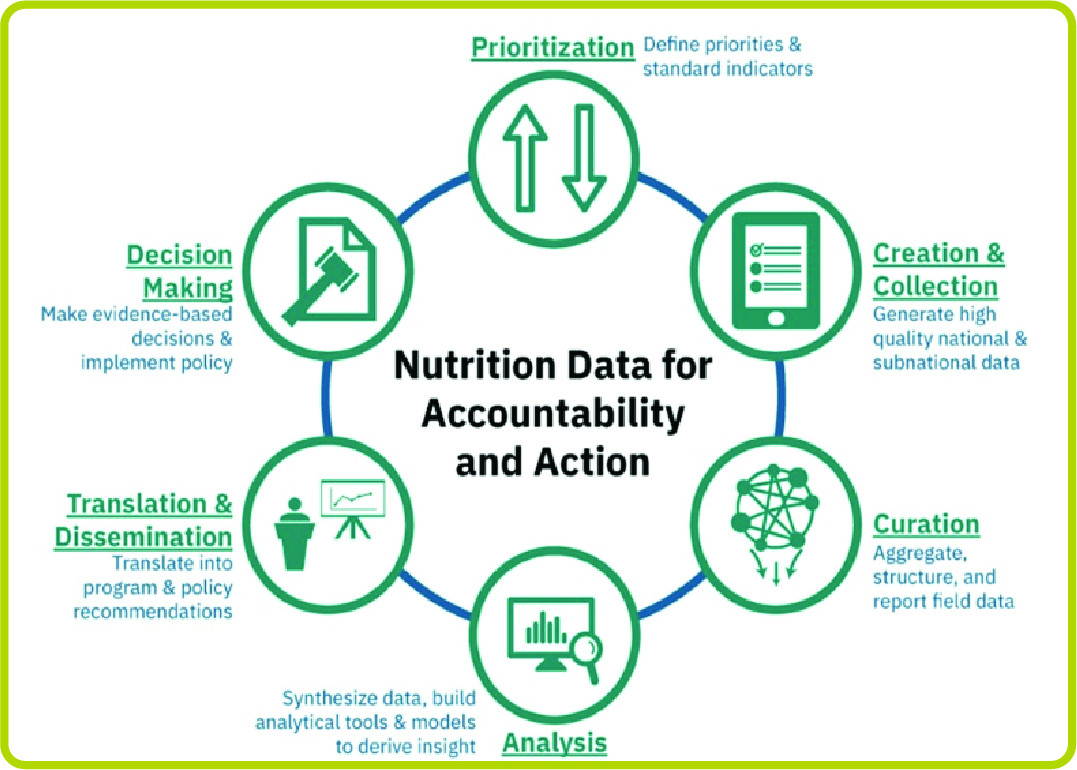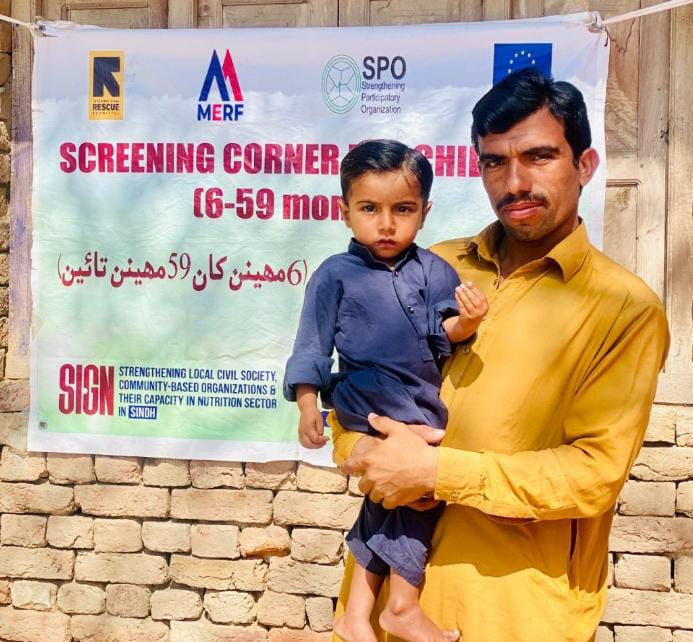-
Pages
Available courses
Community Based Management of Acute Malnutrition CMAM
- Estimated Duration: 20–24 hours
The CMAM Module is designed to strengthen the capacity of health workers, program managers, and community volunteers to identify, treat, and prevent acute malnutrition—especially in decentralized and community-based settings. It also trains them to appropriately refer acute malnutrition cases using CMAM guidelines and simplified protocols, ensuring the delivery of high-quality services at both facility and community levels.
- Enrolled students: 143
Inpatient Care (Nutrition Stabilization Centers) NSC
- Estimated Duration:24–28 hours
The Inpatient Care (Nutrition Stabilization Centers) online course is designed to strengthen the capacity of health workers to manage cases of severe acute malnutrition (SAM) with medical complications. It provides practical guidance on the clinical care of critically ill children, following international protocols for stabilization, treatment, and recovery in hospital or stabilization center settings. The course focuses on improving skills in patient assessment, therapeutic feeding, medical management, monitoring, and discharge planning to reduce mortality and support full recovery.
- Enrolled students: 18
To equip participants with the knowledge and skills necessary to design, implement, and evaluate effective community outreach and mobilization strategies for Community-Based Management of Acute Malnutrition (CMAM) programs.
- Enrolled students: 23
Simplified Protocols to Treat Wasting SPTW
- Estimated Duration:6 hours
The online course on simplified guidelines to treat wasting would be to equip healthcare workers, community outreach personnel, and other relevant stakeholders with the essential knowledge and practical skills to effectively treat severe acute malnutrition (SAM), particularly focusing on wasting. This course would present the guidelines in a clear, actionable format to ensure that even non-specialists can successfully apply them in a real-world context.
- Enrolled students: 15
Logistics Management Information System (LMIS) LIMS
- Estimated Duration:12–16 hours
The Logistics Management Information System (LMIS) online course is designed to enhance the knowledge and skills of supply chain and logistics personnel in managing and tracking the flow of essential commodities, including nutrition and health supplies. The course covers key components of LMIS, such as inventory control, data collection, forecasting, order management, and reporting, ensuring the efficient and timely distribution of resources. It aims to improve the reliability, transparency, and effectiveness of supply chain operations, ultimately supporting better health and nutrition outcomes through strengthened logistics systems.
- Enrolled students: 7
Nutrition Information system (NIS). NIS
- Estimated Duration:12–16 hours
Nutrition Program Information Management Systems course is designed to equip nutrition and health professionals particularly those personnel related to Nutrition programs information management with the skills needed to collect, manage, analyze, and use nutrition program data effectively. It focuses on building understanding of key nutrition indicators, data quality assurance, reporting processes, and how to interpret and use information for program planning, monitoring, and decision-making emphasizing the role of strong information systems in improving the performance and impact of nutrition interventions at all levels.
- Enrolled students: 16

